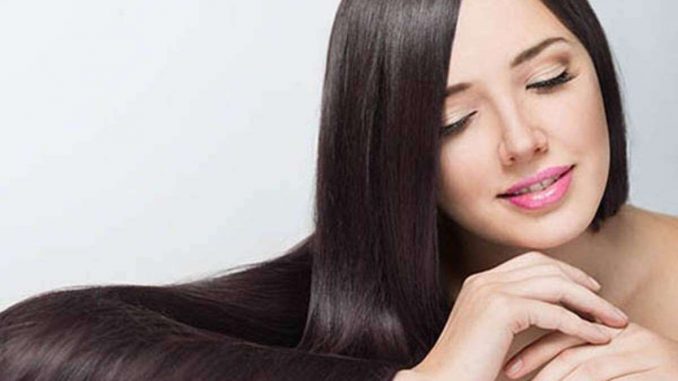
There’s nothing wrong with wanting to grow your hair out a few inches, as long as you don’t go overboard. When it comes to getting inches, wigs and protective hairstyles can help, but nothing compares to seeing how far your hair has come when you get a silk press. A person’s hair grows over time. Having your hair all the way down to your shoulders takes some time. You can encourage hair growth even if you let it do its own thing. Taking vitamins is one way to do this. There are, however, 13 of them. Of these, which ones have an impact on hair growth? Let’s get down to business.
Table of Contents
Biotin
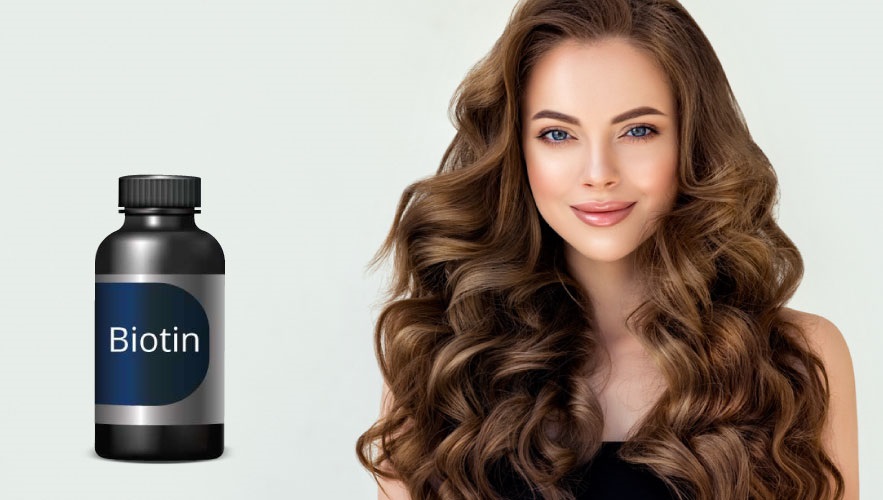
Take biotin if you’ve ever tried to strengthen your natural nails. It is a water-soluble vitamin in the vitamin B and H families, as well as a member of the B complex. Our bodies can benefit greatly from it, including converting food into energy. Even our hair and nails can benefit from it.
Biotin is one of the most effective hair-growth vitamins available. Gummy forms are available at CVS and Walgreens. If you don’t like taking pills, even in the form of gummies, you can eat foods that are high in biotin. Eggs, fish, nuts, bananas, avocados, and many other foods contain biotin.
Vitamin A
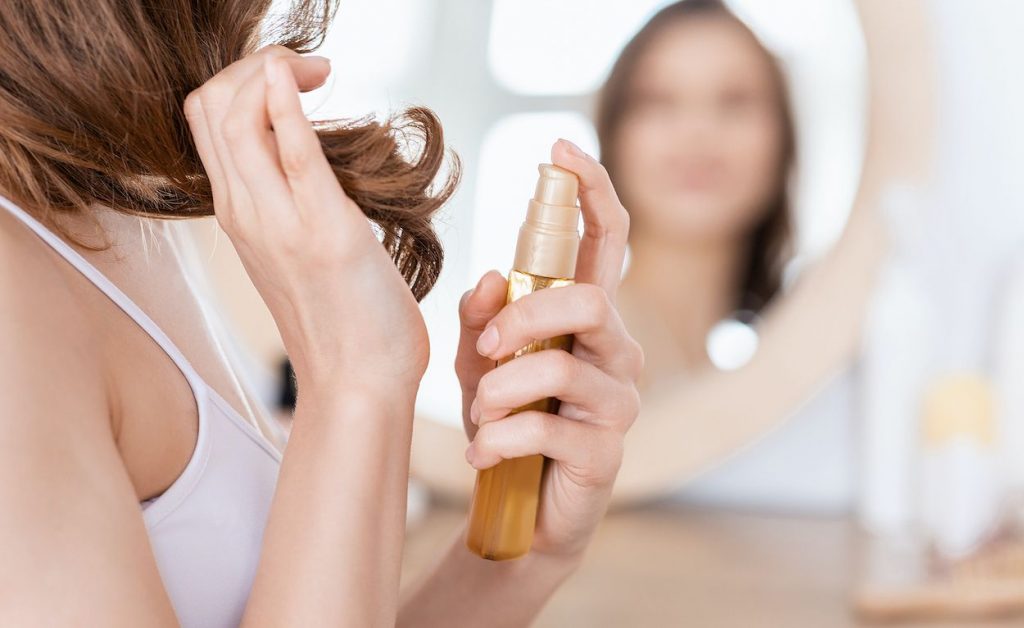
Vitamin A can also aid in the growth of your hair. In addition to its role in maintaining healthy vision, vitamin A also aids in the growth and development of our bodies. Having a healthy reproductive system is essential if you want your hair to grow a few inches.
It helps our scalp produce sebum, which is an oily substance. Sebum helps keep the hair moisturised, which helps keep the hair healthy. Sebum, a natural oil produced by the scalp, can aid in healthy hair growth. Dietary sources of vitamin A include a wide range of colourful vegetables and fruits.
Vitamin C
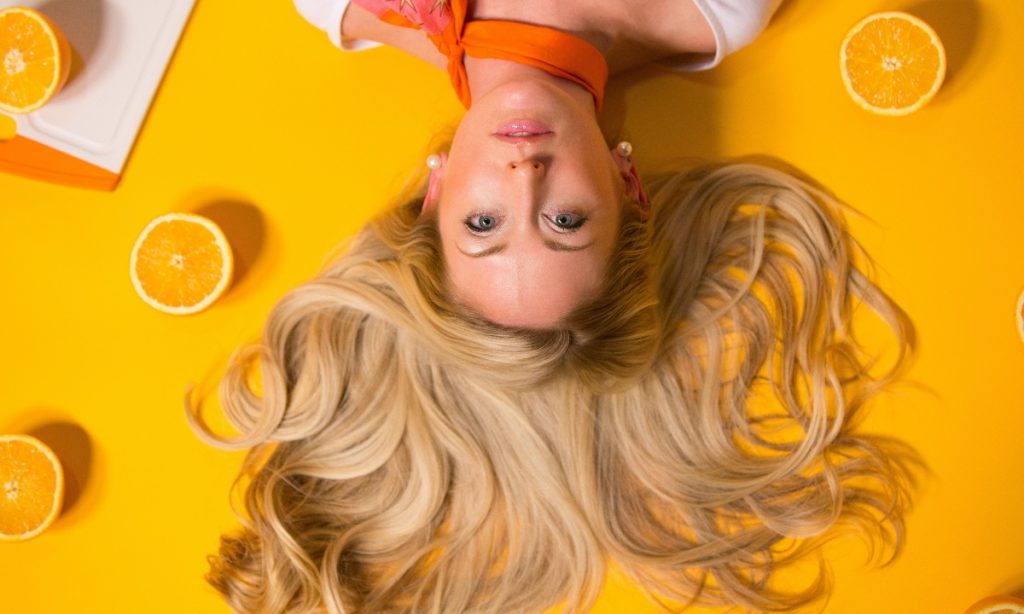
Protecting our hair and scalp is an excellent way to encourage healthy hair growth. Of course, you’re taking care of your hair to keep it healthy, but there are other factors at play that you might be overlooking. Air pollution or even smoking could be to blame. This could result in the formation of free radicals. The proteins that make up our hair can be damaged by free radicals, which can cause oxidative stress. Antioxidant vitamins C and E can shield hair and skin from free radical damage.
Collagen production is aided by vitamin C. There are two types of proteins in hair: keratin and collagen. This protein can be used to build hair protein and protect hair follicles from damage. In the absence of vitamin C, our bodies would be unable to synthesise collagen. You may prefer to get your vitamin C intake from food rather than taking a vitamin C supplement because it has a sour taste. Vitamin C content is particularly high in citrus fruits like oranges. Vitamin C is also found in green and red peppers, broccoli, and Brussels sprouts.
Iron
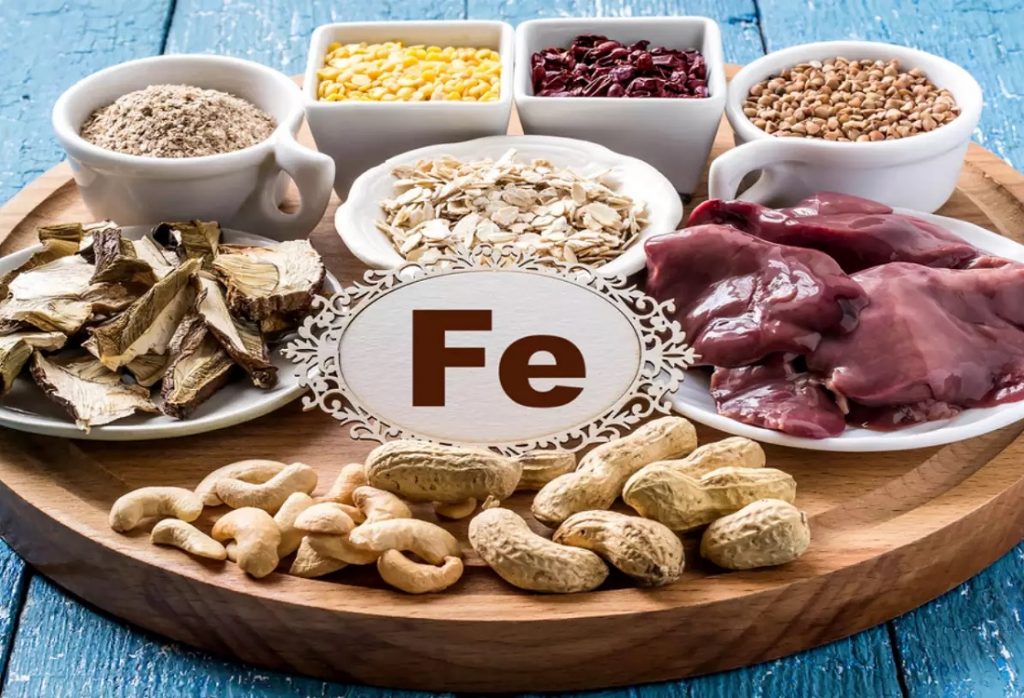
Iron is required for oxygen transport by red blood cells. Iron deficiency anaemia can occur if the levels are too low. Hair loss, pale skin, and exhaustion are among the side effects.
Iron deficiency is more likely if:
- You’re a woman who suffers from heavy menstruation.
- You are afflicted with a long-term illness.
- What kind of diet do you follow?
There are a number of foods that naturally contain iron:
- Red meat, grass-fed
- Leafy greens
- Legumes
Vitamin D
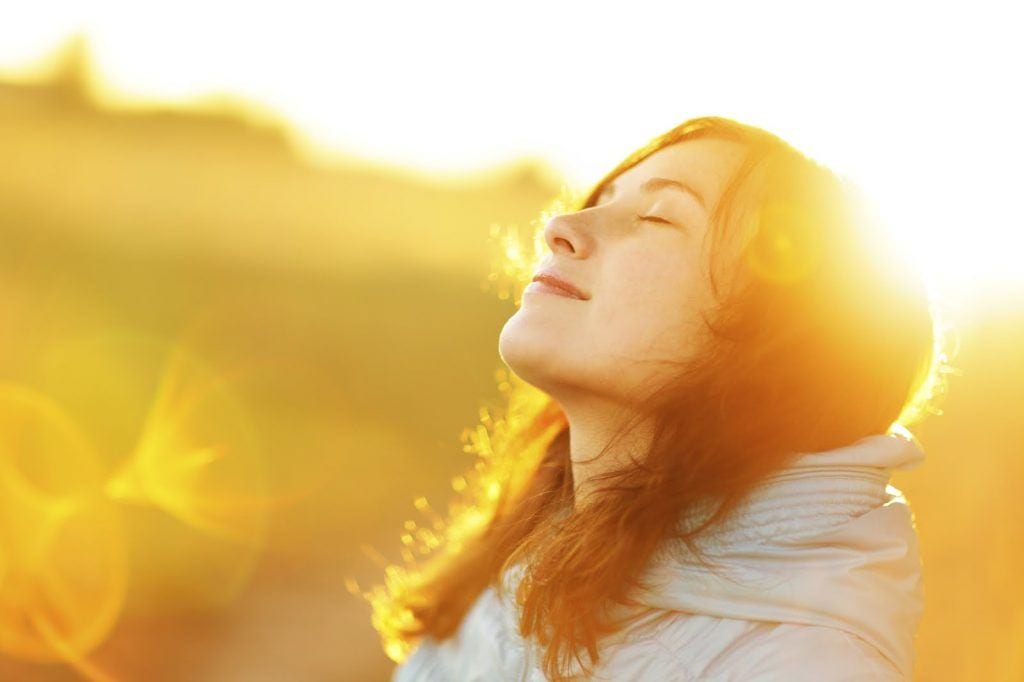
Vitamin D is essential for bone health, and you may already be aware of this. However, did you know that it has been linked to hair loss in people with low levels? Sunlight stimulates the production of vitamin D in your skin, but many people do not get enough vitamin D from sunlight alone.
Fattier fish, like salmon, and fortified milk, can help raise your levels. Ask your doctor if he or she knows of any supplements that could help. Magnesium and Vitamin D can be taken together to improve bioavailability.
Zinc
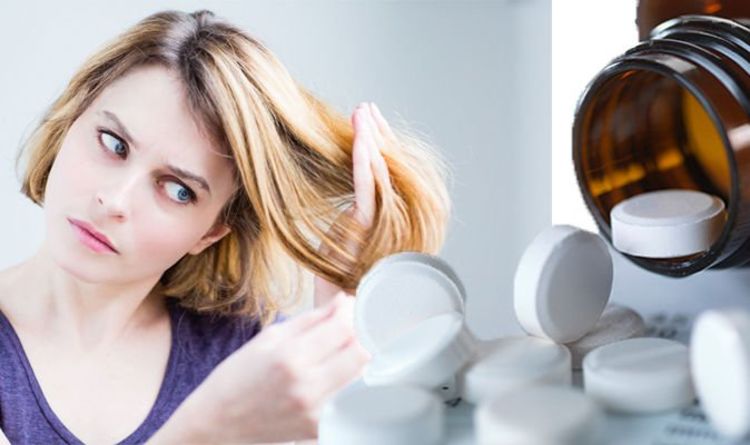
Proteins in your hair and other cells can be made by zinc, which has a key role in this process. You need to get it from food or supplements because your body can’t produce it on its own. Hair loss, poor wound healing, and an impaired sense of taste and smell are all symptoms of zinc deficiency.
Zinc deficiency can occur if you do the following:
- Are you currently pregnant or nursing?
- If you have a serious case of diarrhea or a bowel disorder,
- I have a kidney condition.
Zinc can be found in a variety of whole, natural foods, including:
- Shellfish
- Meat
- Beans
- Nuts and seeds.
Hair growth takes time, despite the fact that we’d all like to have hair down to our buttocks. There is a time and a place for patients with our hair. In order to avoid becoming too preoccupied with your hair’s growth, remember that the health of your hair is far more significant. The inches will come if your hair is in good health; once they do, you can go on a hair stunt. For the time being, your hair needs your patience and consistency.
